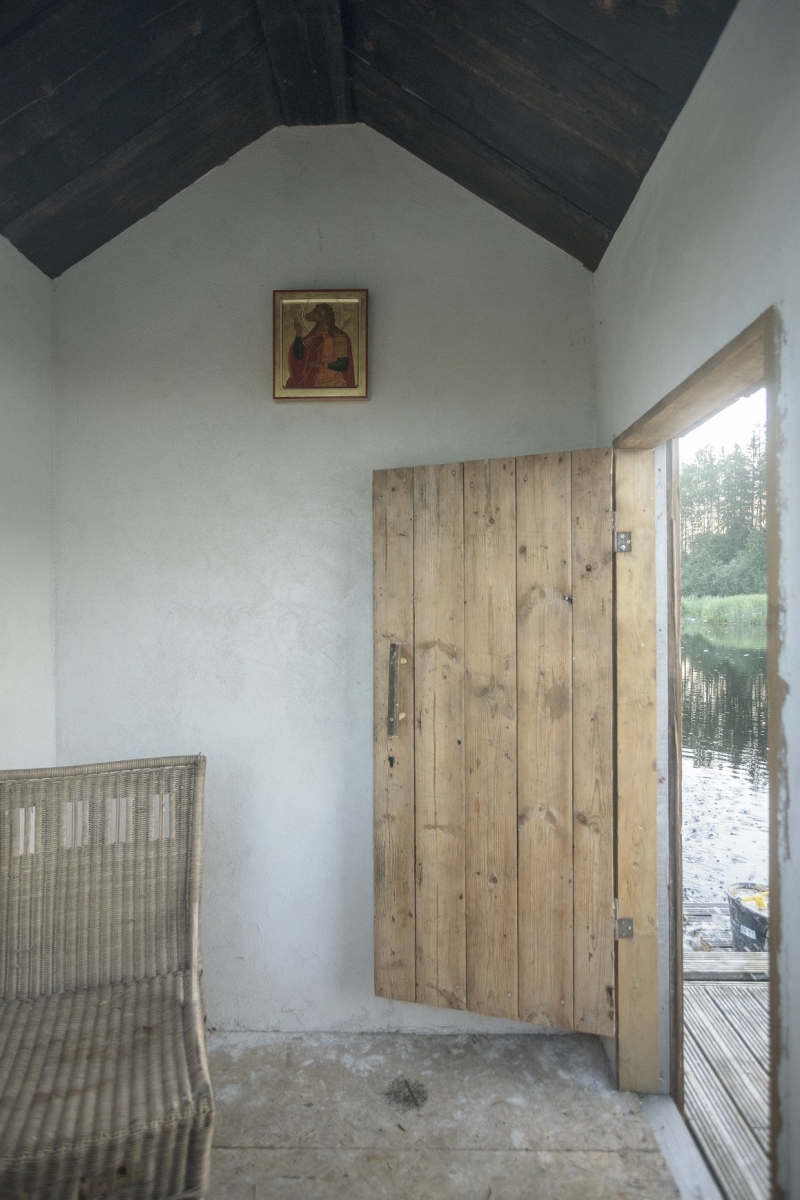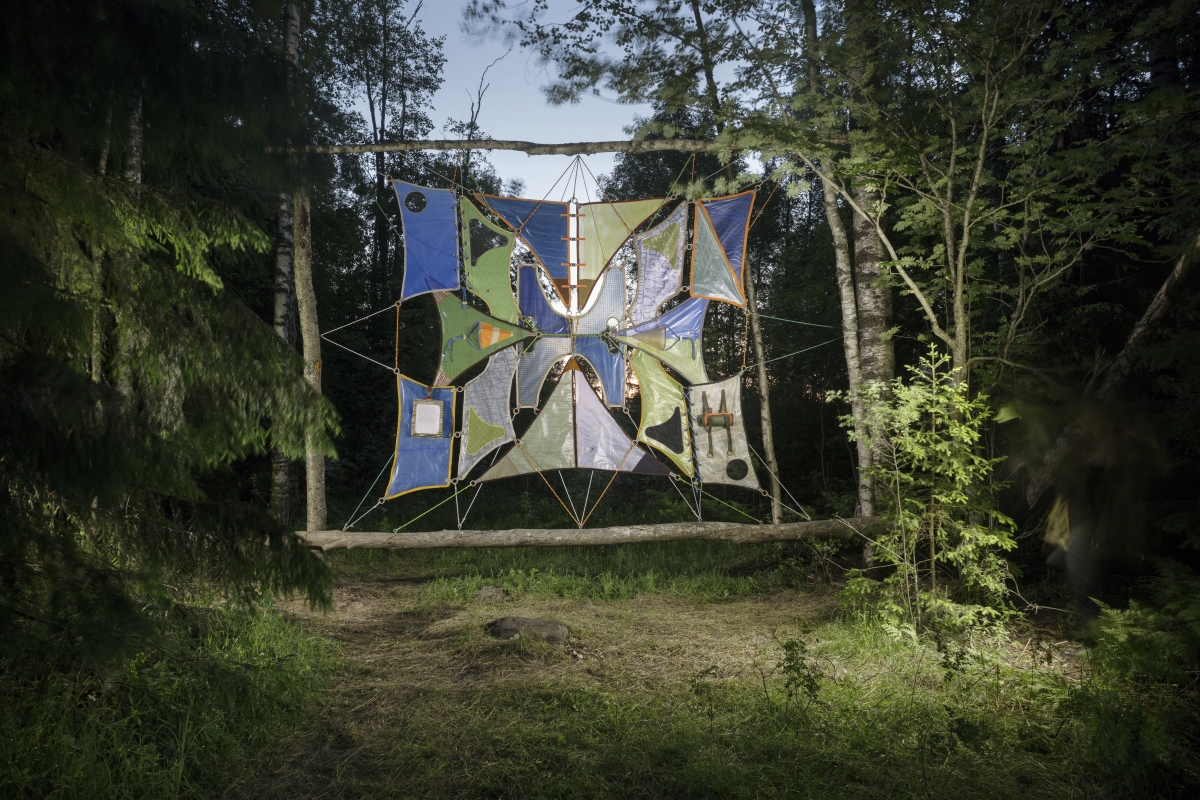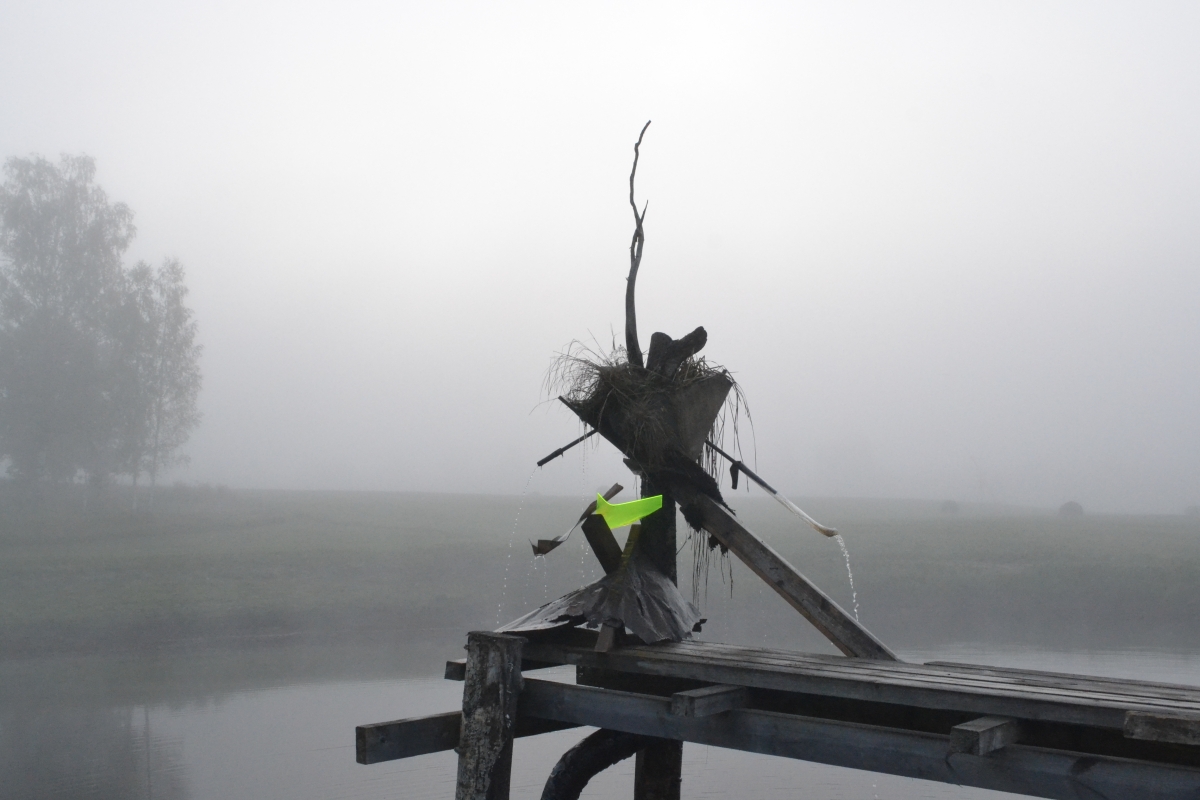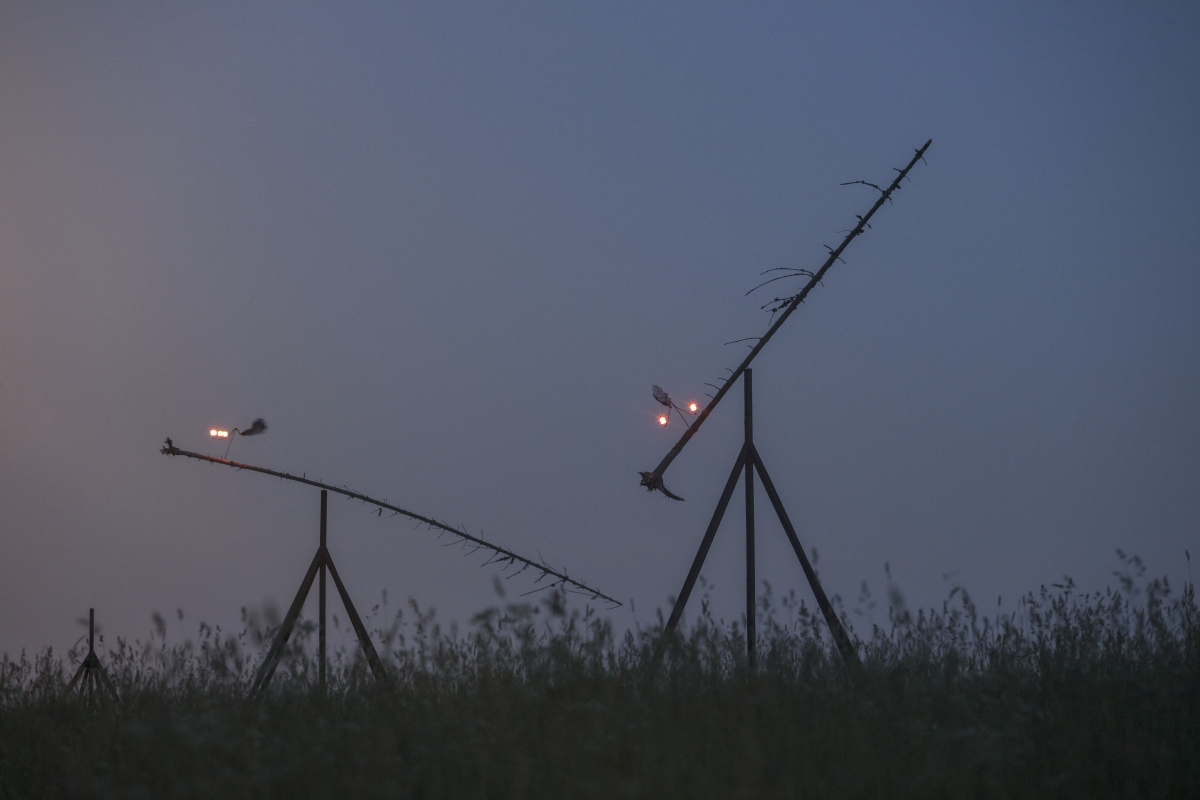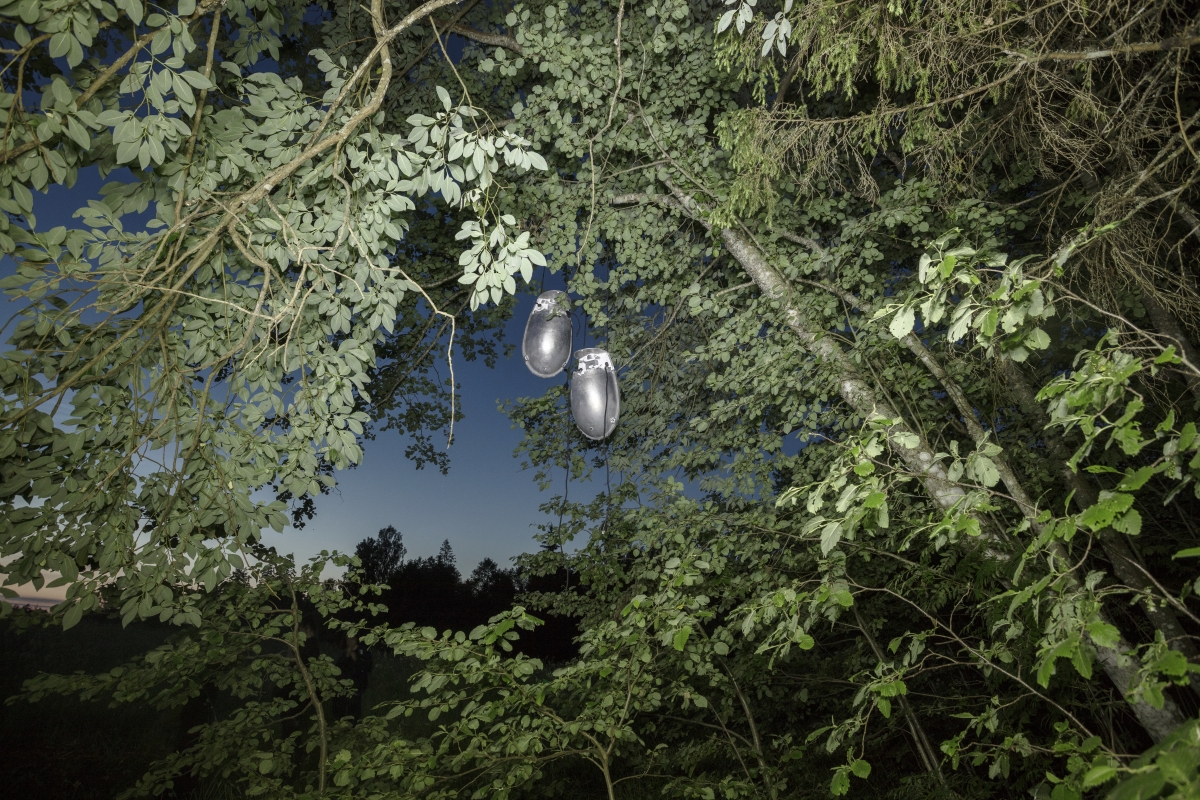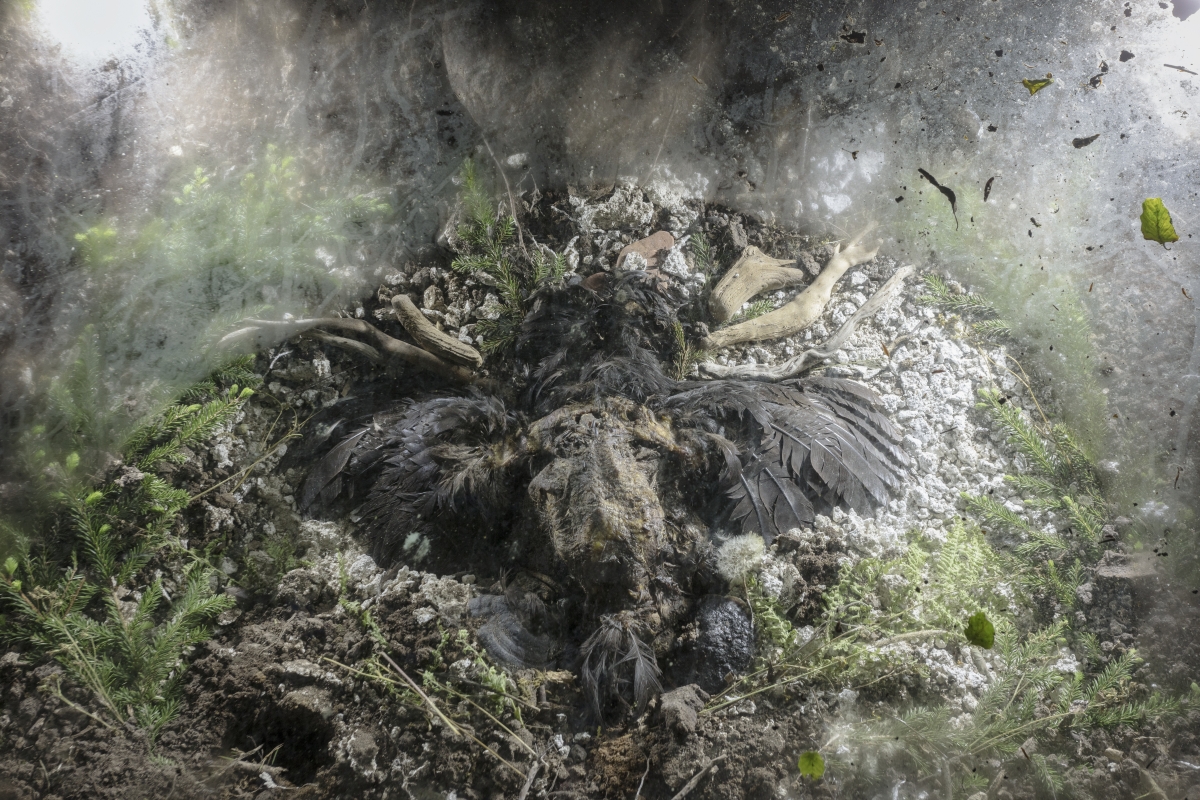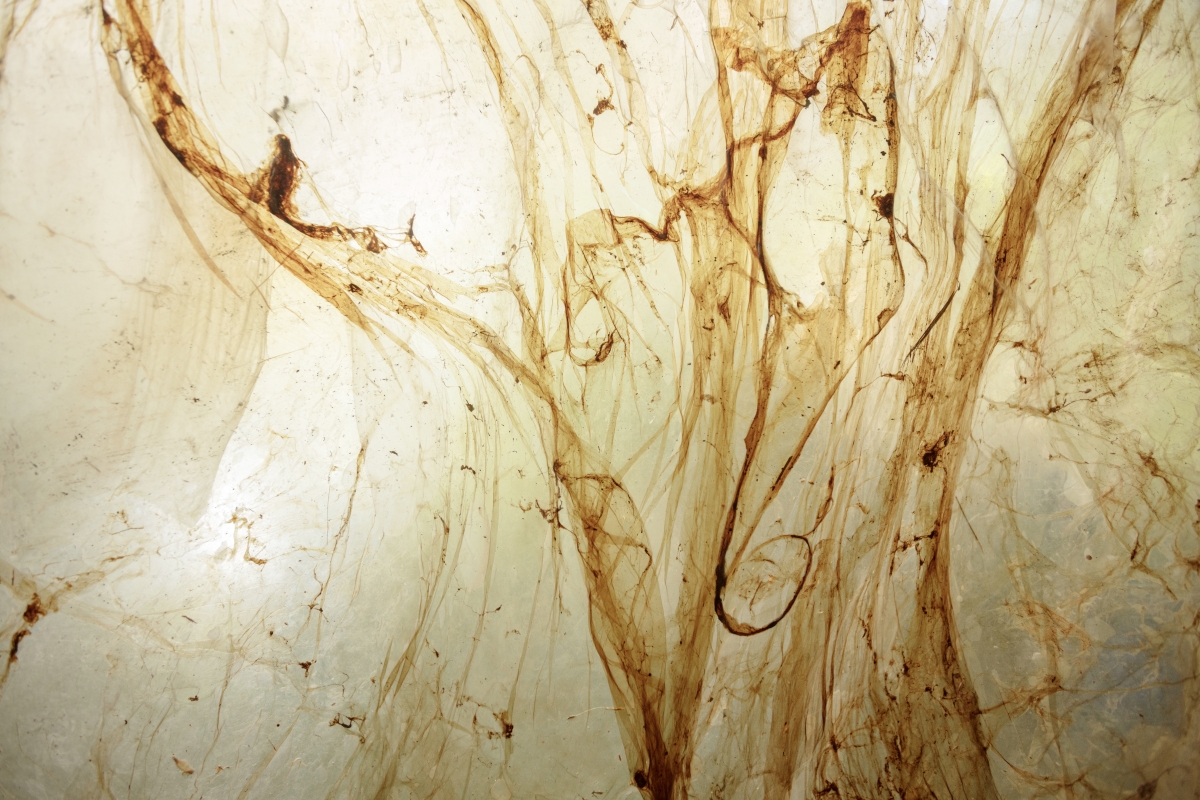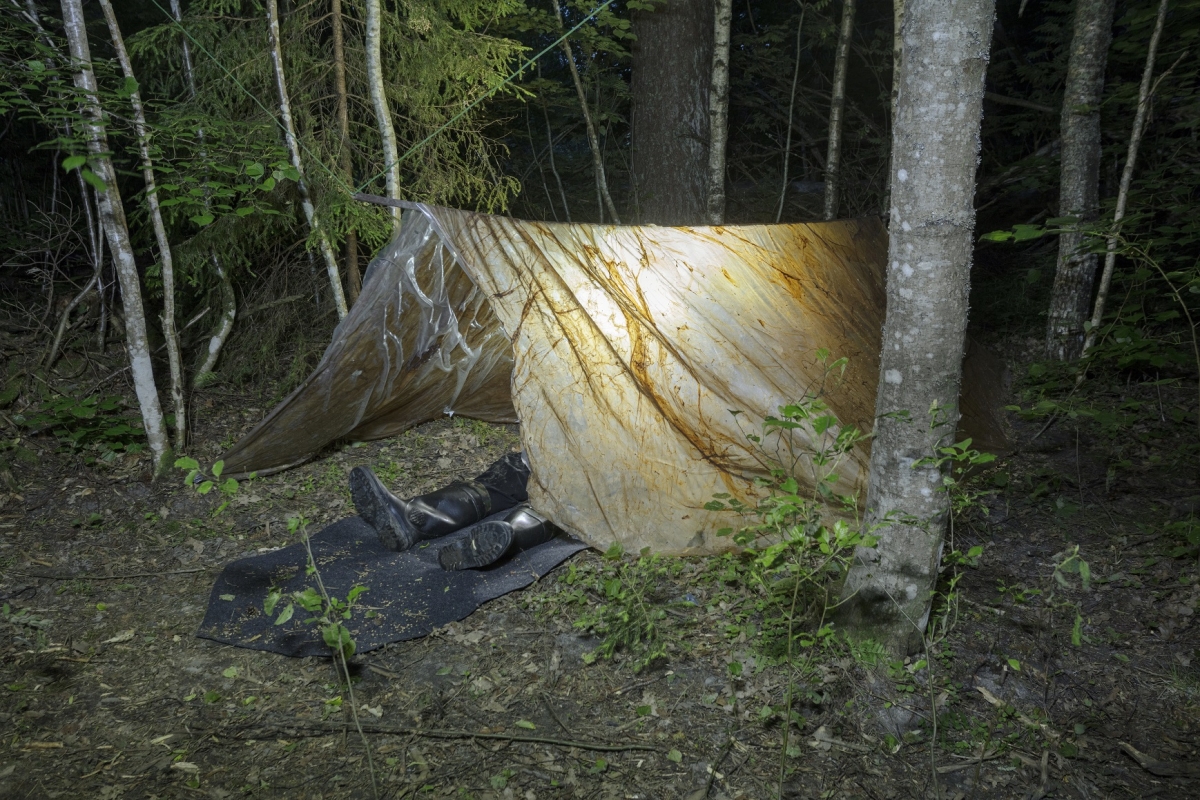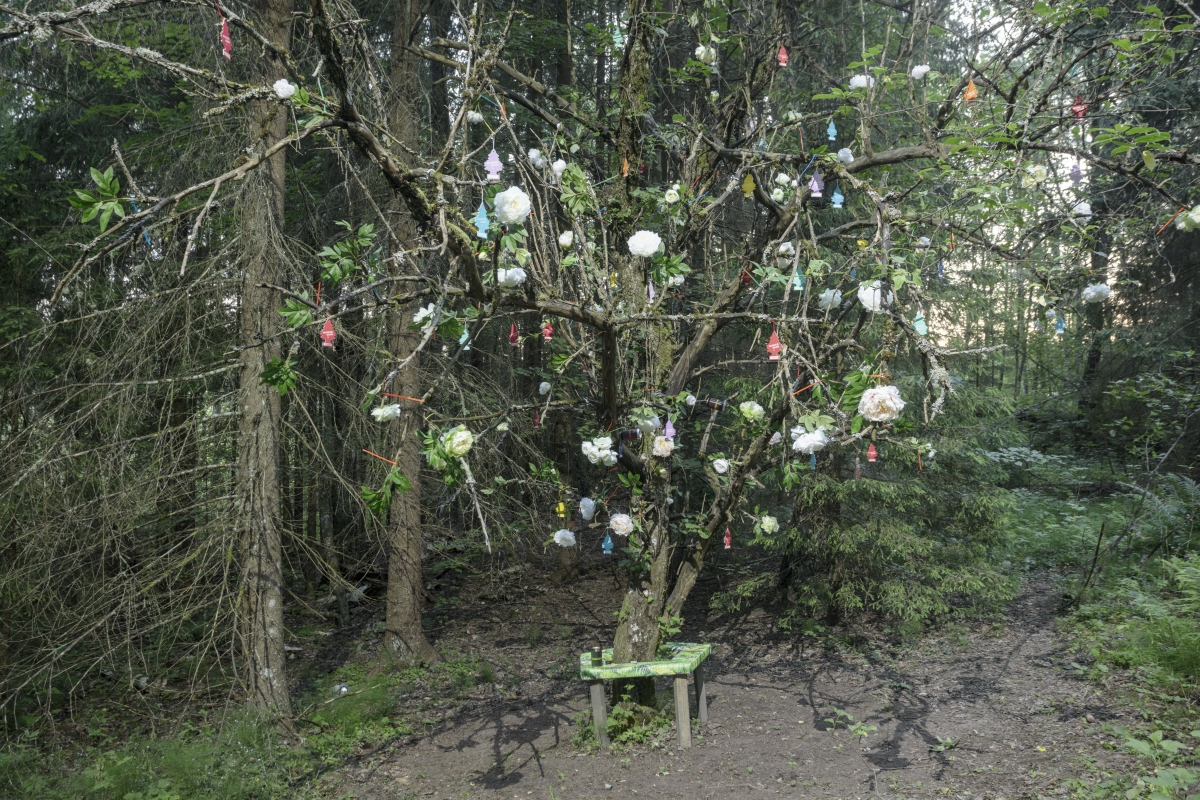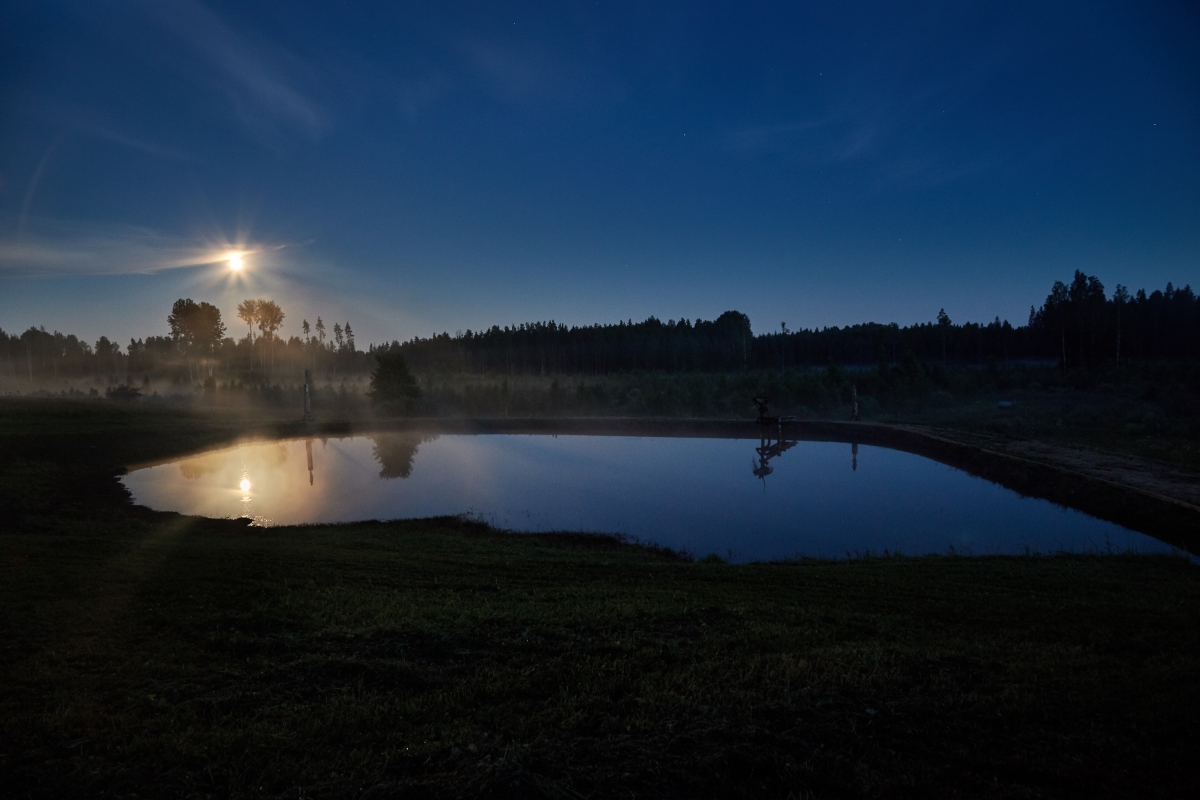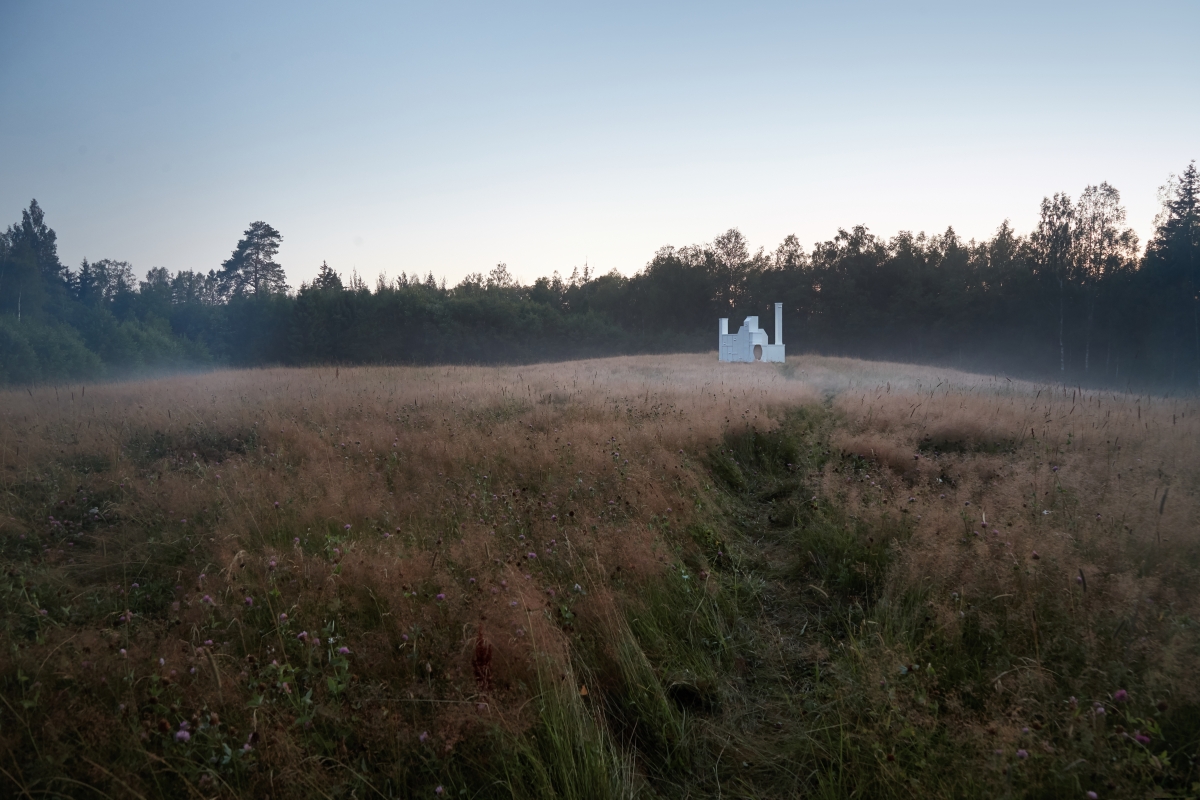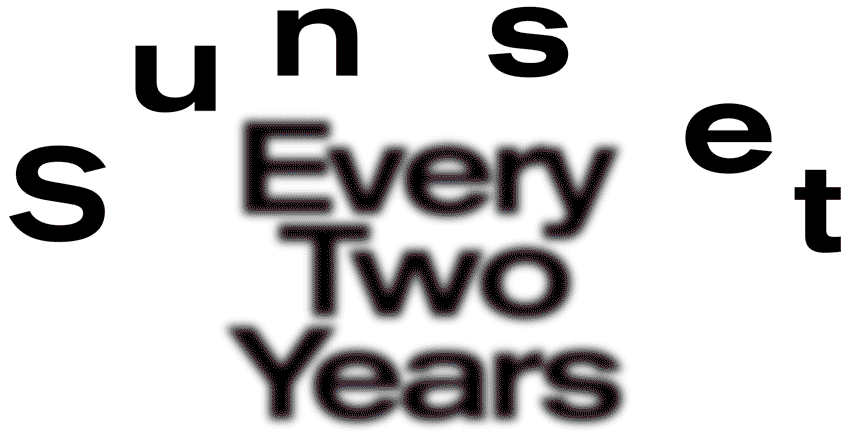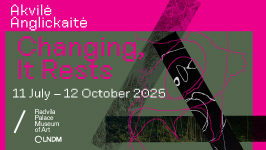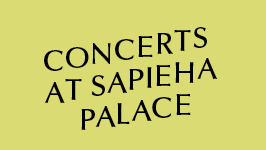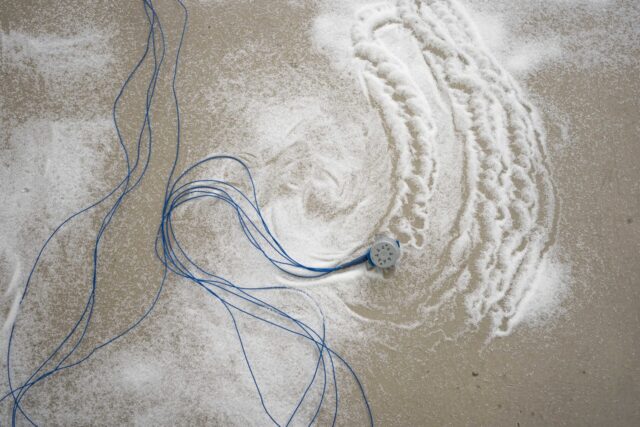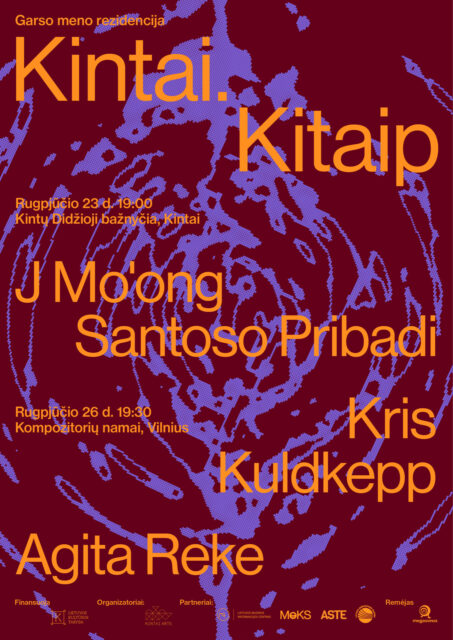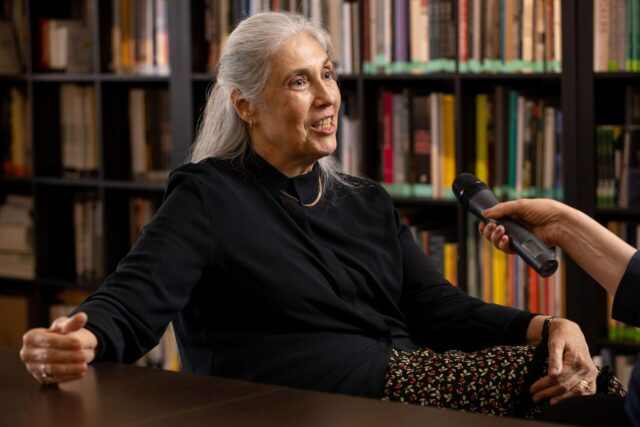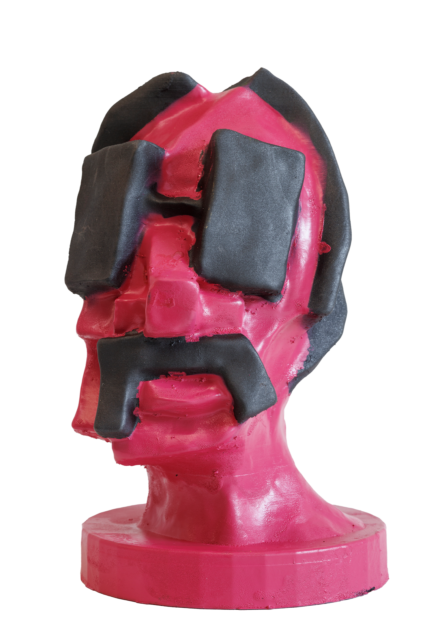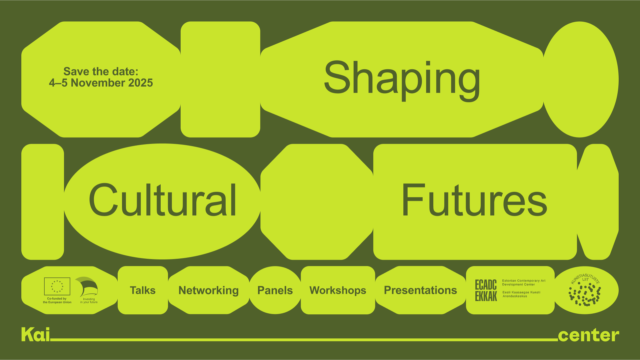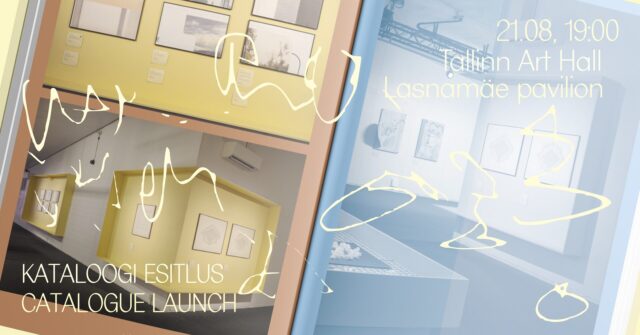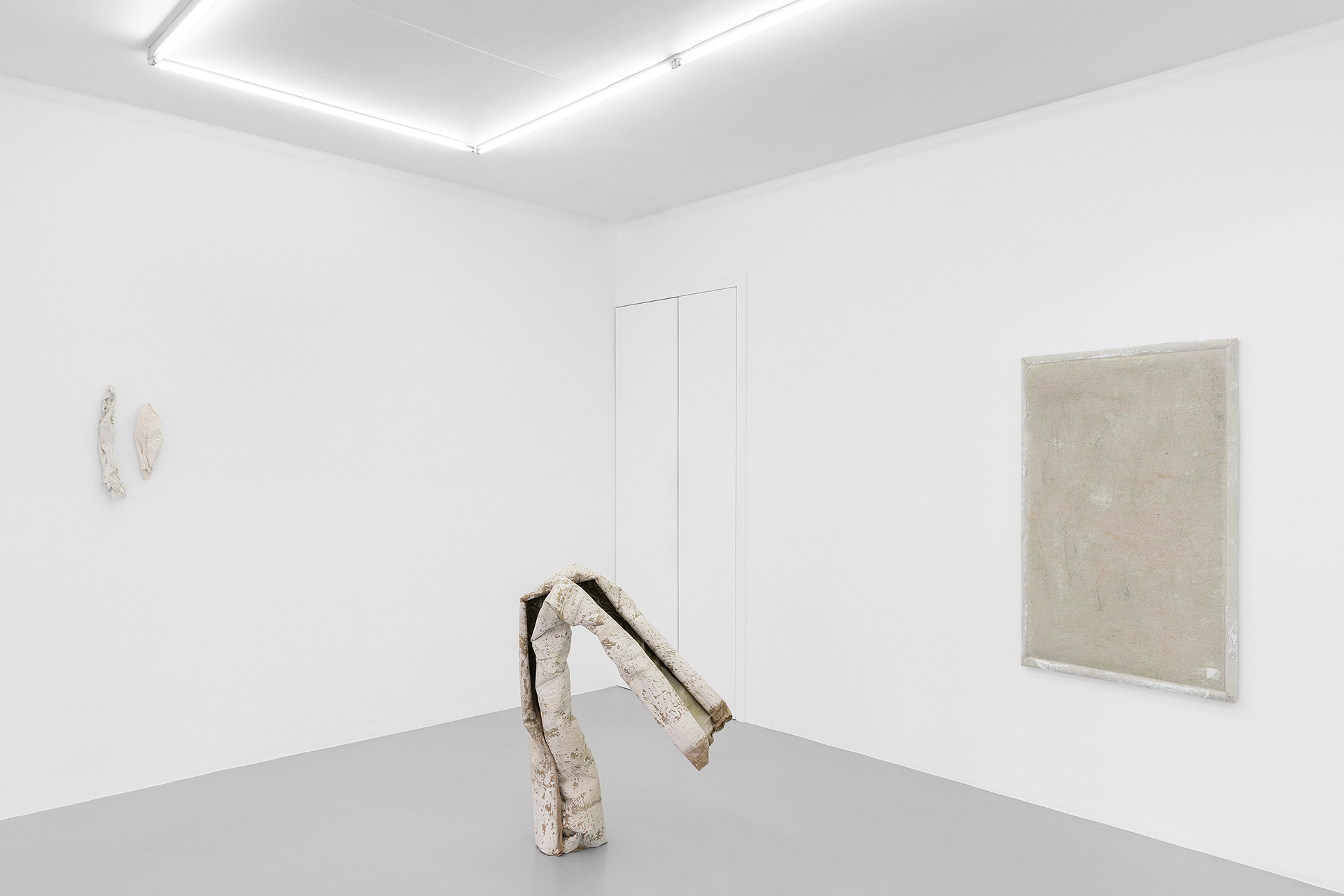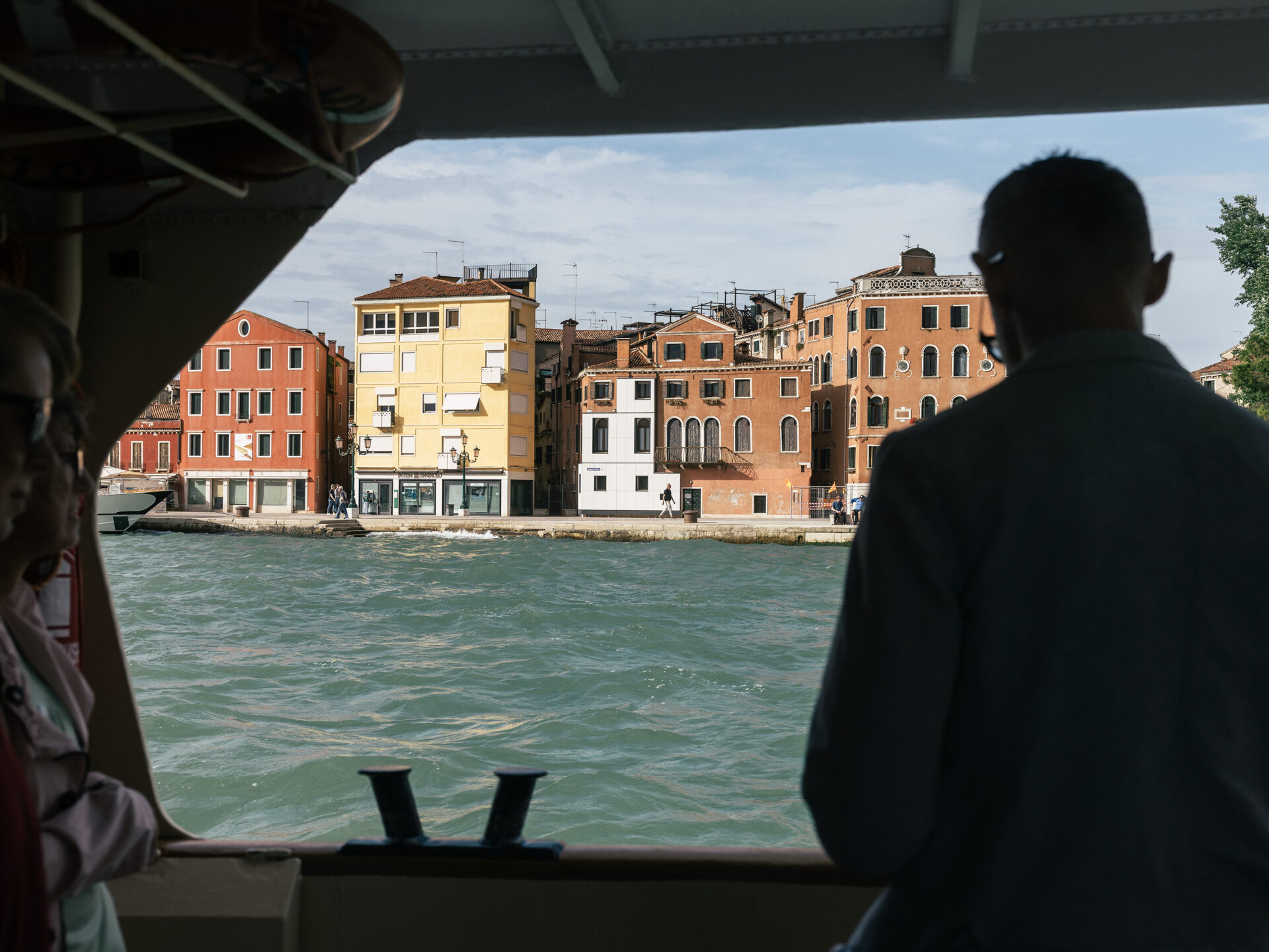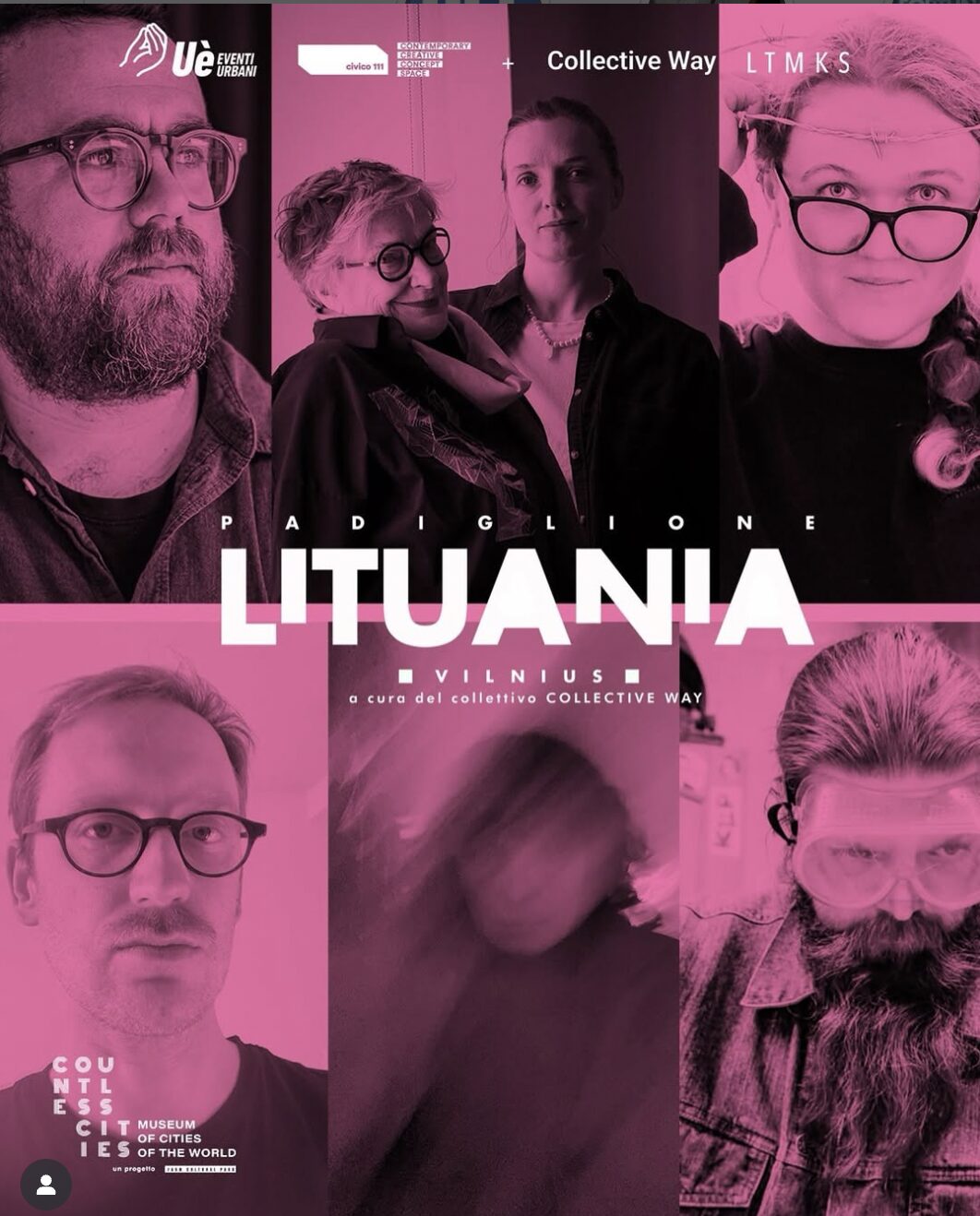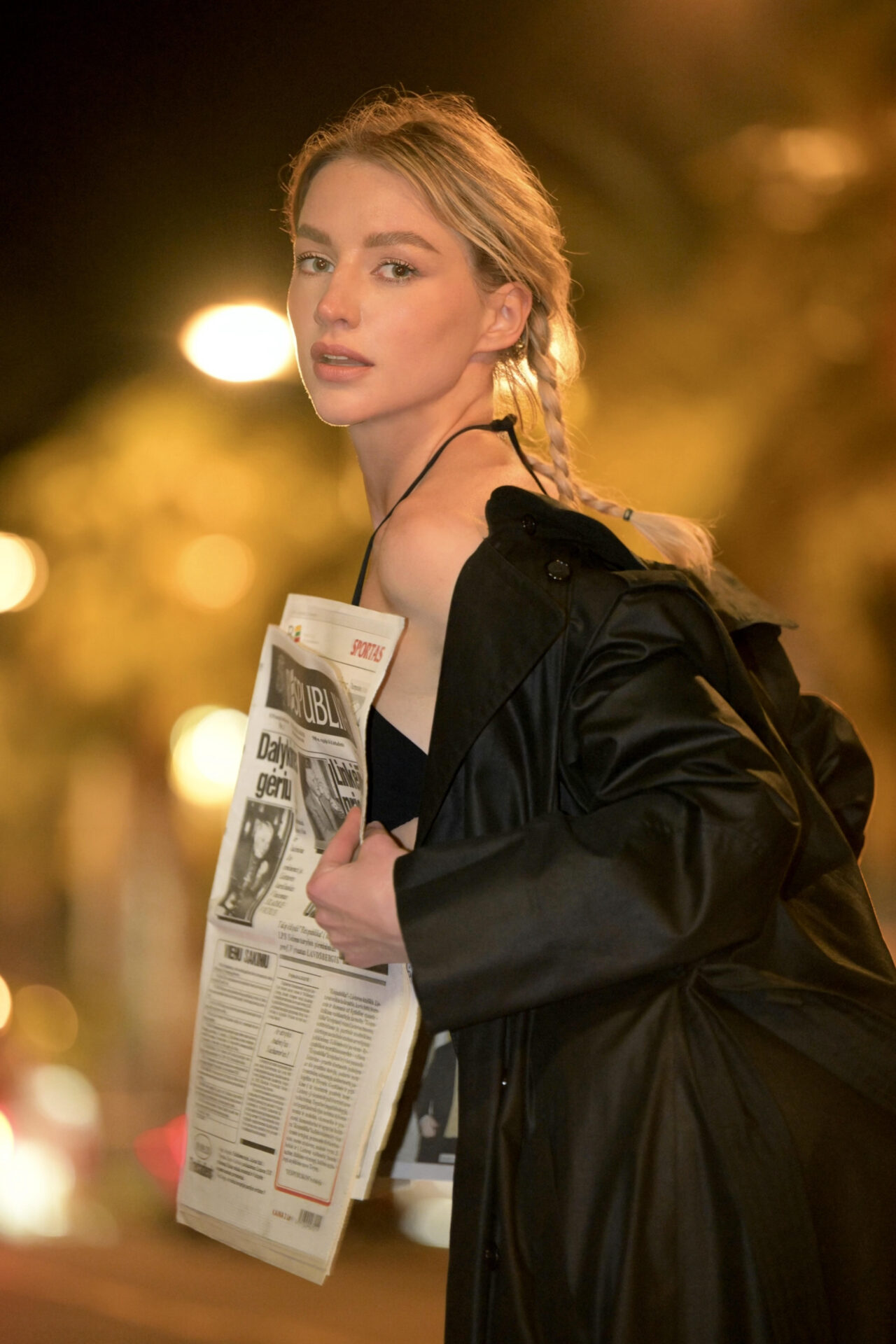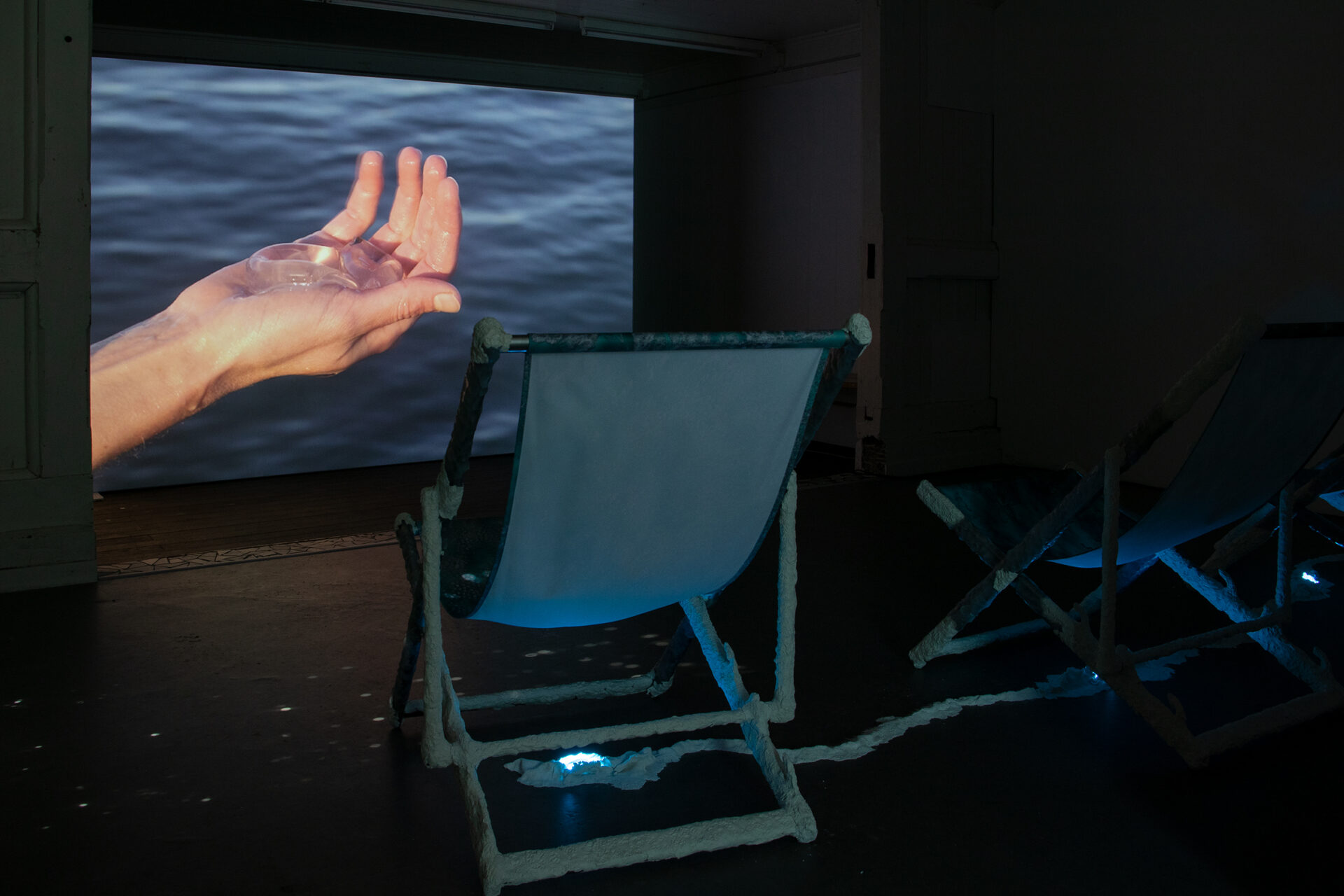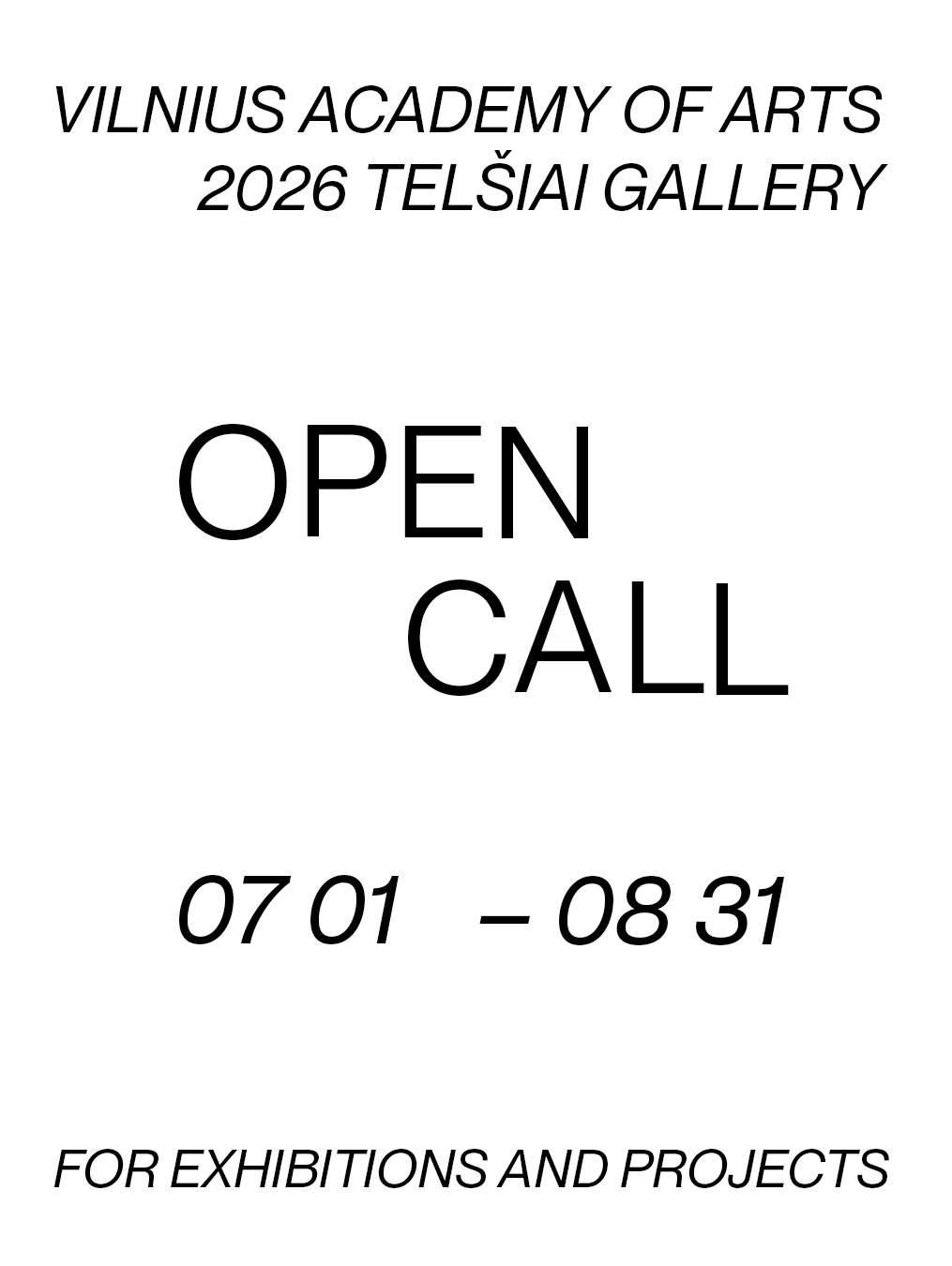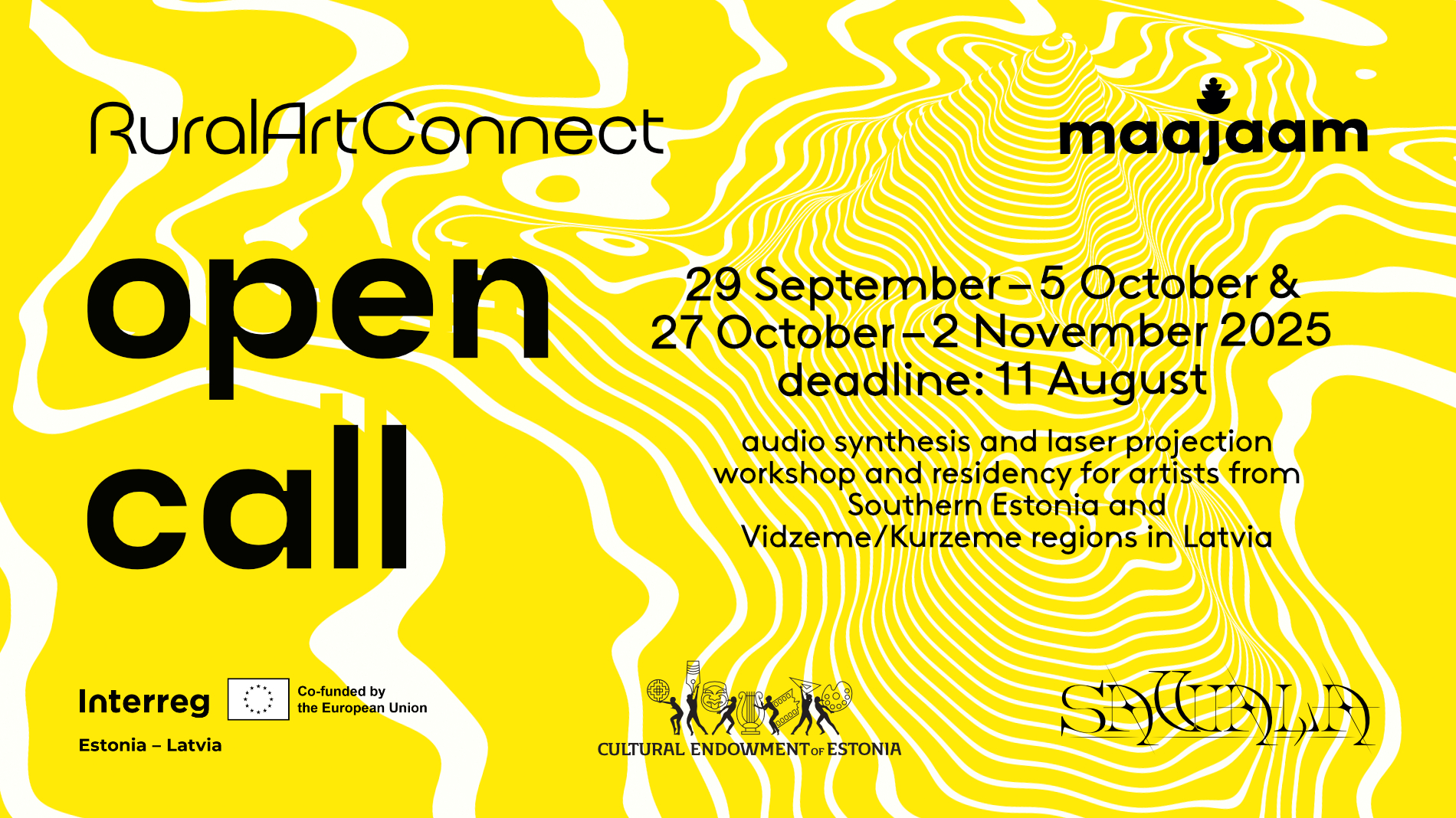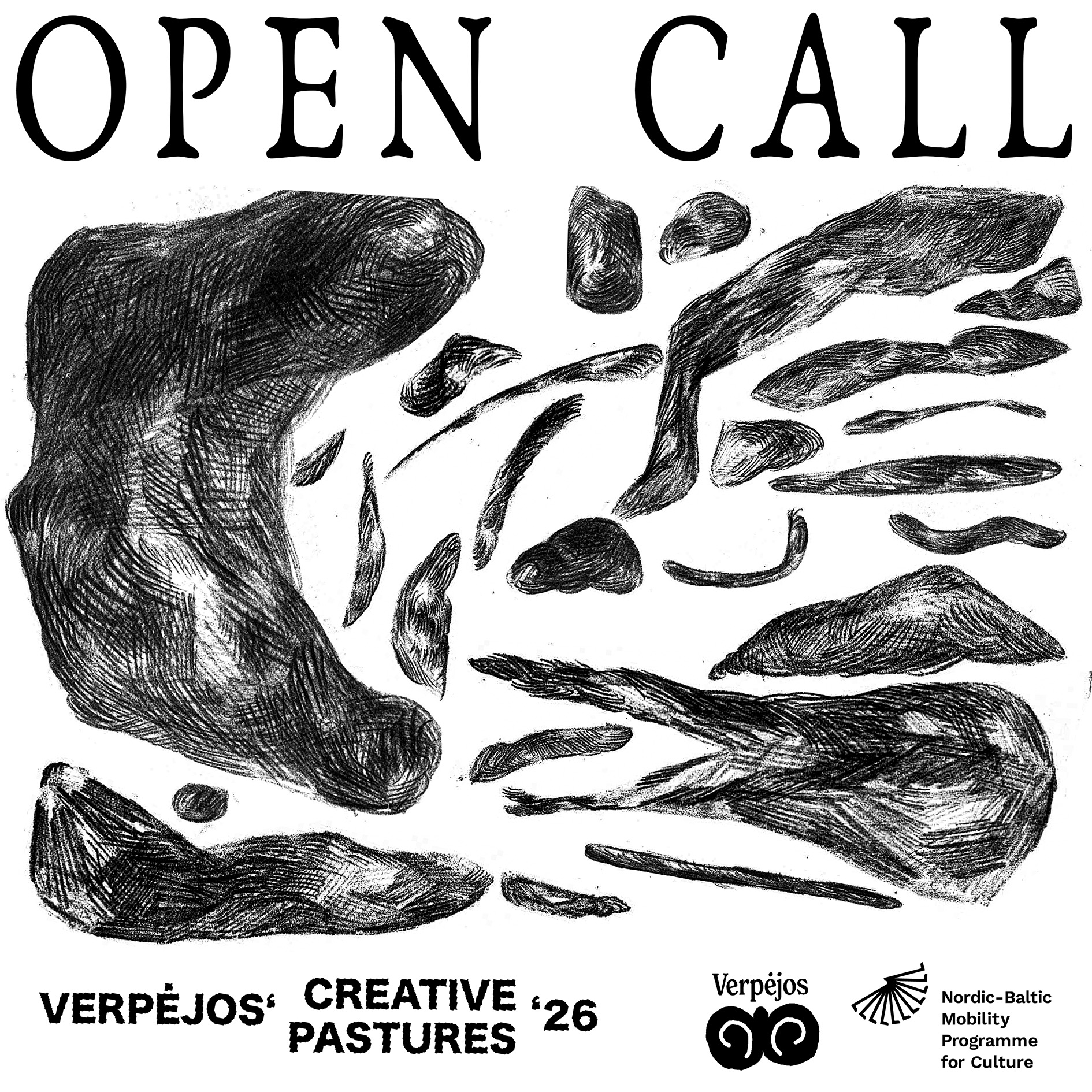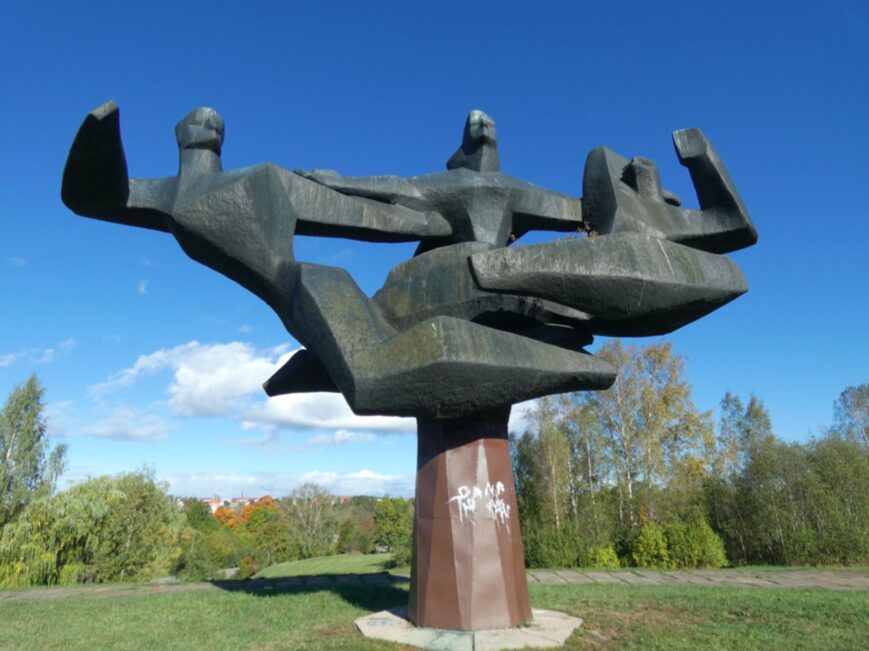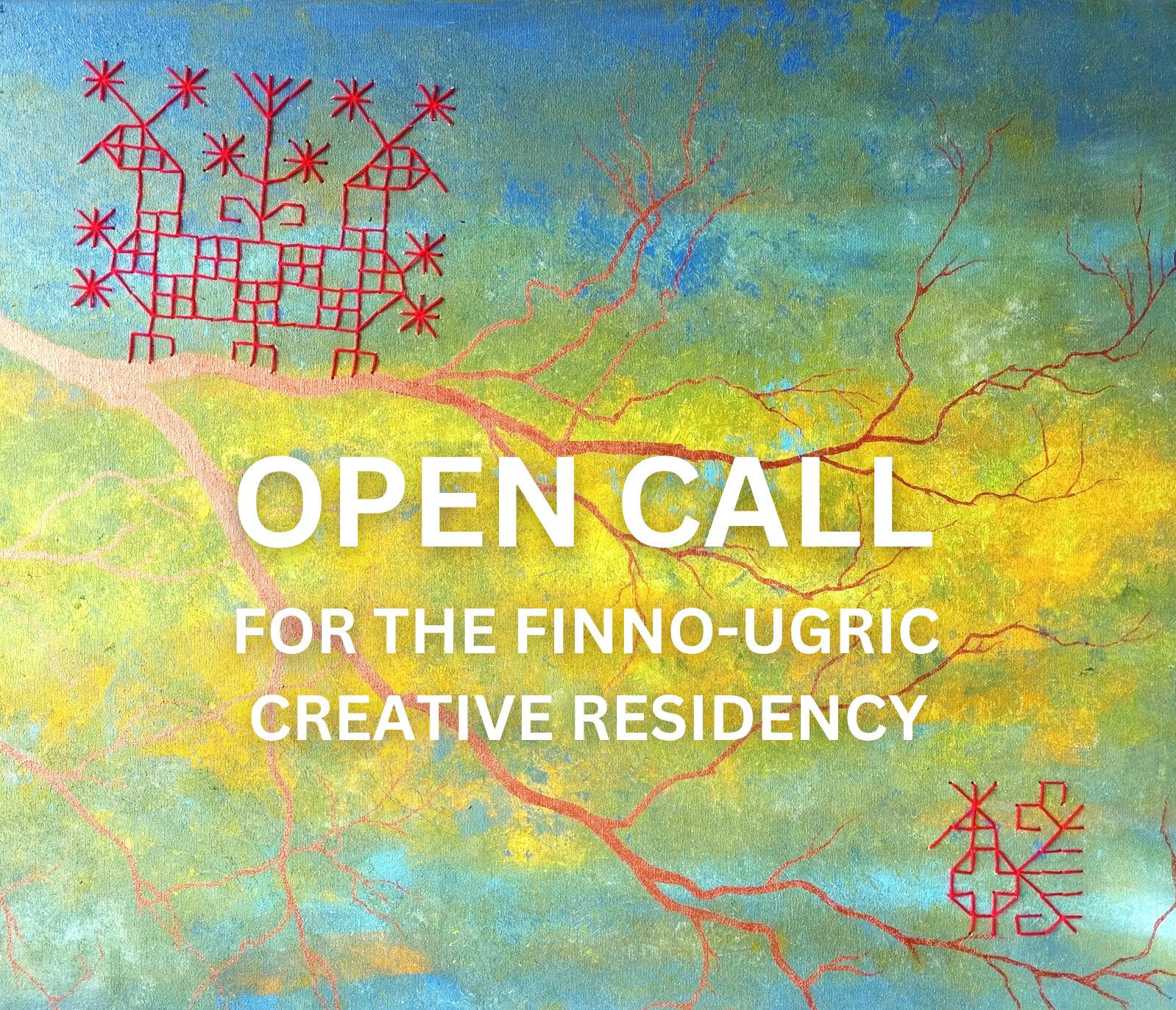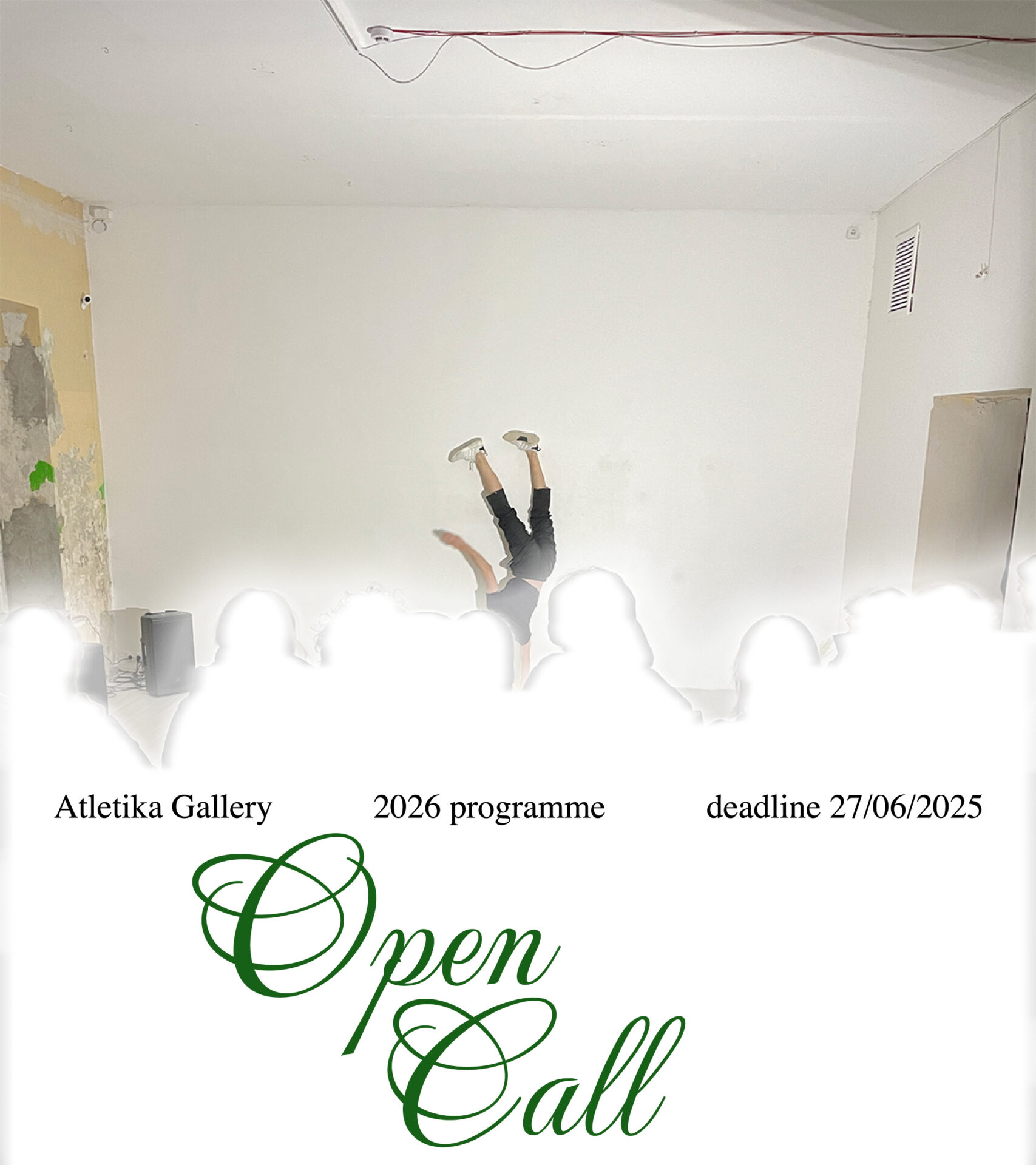In a rural and wild area, the Latvian artist Andris Eglītis* and a group of like-minded people have launched the second edition of the processual outdoor exhibition SAVAGE (Savvaļa), shaped by combining the constant presence of the wilderness with contemporary art, which catalyzes and extends the surrounding nature. SAVAGE, one of the first events of its kind, was created during the pandemic in 2020 in Jaundrusti (about a 1.5-hour drive from Rīga) as a supporting and stimulating gesture for the act of creation to foster limitless, interactive, and intimate relationships between artists, nature, art, and individuals.
While aspiring to move away from classical exhibition halls in the city and avoiding the temptation to romanticize nature, the exhibition illuminates the physical connectivity and the strategies and perspectives of different work approaches and ways of producing art under unusual conditions. The wild territory (37 hectares in total) serves as a conceptual framework of the exhibition and its artworks and is an integral part of the broader cultural and mental narrative of the landscape of the Baltic region. Art, too, operates in a completely different context here, as opposed to a white cube or industrial art spaces. In addition, the common understanding of an exhibition as an organized presentation of artworks, put in a specific time frame, has been challenged – along with the absence of working time restrictions, the works of art are on display until disintegrated by nature.
Initiated by Andris Eglītis, the idea of contemporary art’s availability in the context of geographical and physical limitations has now become the main driving force for the creative team of this project. “It is important for us to create a symbiosis of art and environment, a meeting place – more intimate, untouched by the urban pulse and the hurried rhythm of the city. SAVAGE gives a different perspective to our routines and challenges our usual ways of thinking. This is a good place to reflect upon the relationship between civilization and nature, culture and wildness,” notes Eglītis.
The second edition of SAVAGE brings together more than 27 international and regional artists, as well as creators whose works challenge traditional definitions of art and expand its usual territories by working and thinking beyond common disciplines. Spreading across the huge territory of wild meadows, woods, and ponds, following the principles of entanglement, SAVAGE embraces the pulse and the rhythm of the transforming ecosystem of production and research studies.
Here, the artwork cannot be separated from the surroundings, and the act of creation therefore already begins by exploring the environment. Most of the participating artists made prior visits to grasp and adapt their ideas to the specific territory and its conditions, later going on to produce and display their work in the actual environment placed along routes of varying difficulty. One of Eglītis’ works, which was created over a long period of time, is a pond. As he points out: “I like that the boundaries between genres are broken, that it is just a pond, while at the same time it can becalled a fly ash, or it could be seen as an installation. I like to think that it is indefinable. In general, it is characteristic of this project – the usual contexts that are prevailing in an approved art environment do not function here in SAVAGE.”
The second edition includes 12 commissions by Evita Vasiļjeva, Kristi Kongi (Estonia), Katrīna Neiburga, Žilvinas Landzbergas (Lithuania), Otso Peräsaari (Finland) and the founder of SAVAGE – Andris Eglītis, as well as 8 adaptations of already existing works such as the installation “The Hotel of St.Christopher” created by Agnese Krivade and initially commissioned for the 2nd Riga International Biennial of Contemporary Art (RIBOCA2). Another noteworthy and historical turning point in Latvian art scene is the legendary Latvian artist group “Maigās svārstības” (Gentle fluctuations) created in the 90s. The majority of the group (Ieva Iltnere, Sandra Krastiņa, Jānis Mitrēvics, Edgars Vērpe, and Ģirts Muižnieks) have joined the exhibition to adapt existing works from 1993 and 1994. The lineup is completed by Jānis Noviks, young Latvian artists Paula Zvane, Envija, Liene Rumpe, the duo “Maybe May be” (Elīza Elizabete Ramza and Rūdolfs Štamers) and many more. The territory still holds the commissions of the first edition of SAVAGE. Among others, artworks by Teemu Korpela (Finland), architect Austris Mailītis, Kate Krolle, and Reinis Bērziņš and Kaspars Podnieks have become an inseparable part of the exhibition.
The exhibition’s accompanying programme expands through practical residencies and conversations with writers, artists, filmmakers, musicians, and various professionals in the field. By examining different kinds of art, such as music, architecture, literature, and painting studies, the programme aims to facilitate amultidisciplinary exchange within and between the recent pluralistic contemporary art scene. Additionally, in collaboration with Latvian writers, the online journal “Satori” works on the second SAVAGE Notebook collecting contemporary literary notes in prose and poetry.
SAVAGE is a processual event, open in the wild 37-hectare territory between Dūķi and Jaundrusti (57°12’43.4″N 25°58’05.7″E), initiated by Andris Eglītis in 2020. Andris Eglītis (1981) is one of the key figures in today’s Latvian art scene. Although he associates himself with painting, his large-scale architectural installations play a significant role in his artistic practice. The artworks are placed along three routes of varying difficulty, on which visitors can experience the meeting of art and nature. The exhibition has been designed as an experience with no opening hours or attendants – a visit can last from 15 minutes up to a week or even more. Over the upcoming month, the exhibition will continue to expand with a few more artworks. SAVAGE is open throughout the year at any time of the day, and entry is free of charge.
For more insights and further details on the exhibition and residency programme, visit SAVAGE website or follow us on Facebook and Instagram.
Photography: Reinis Hofmanis, Madara Gritane

